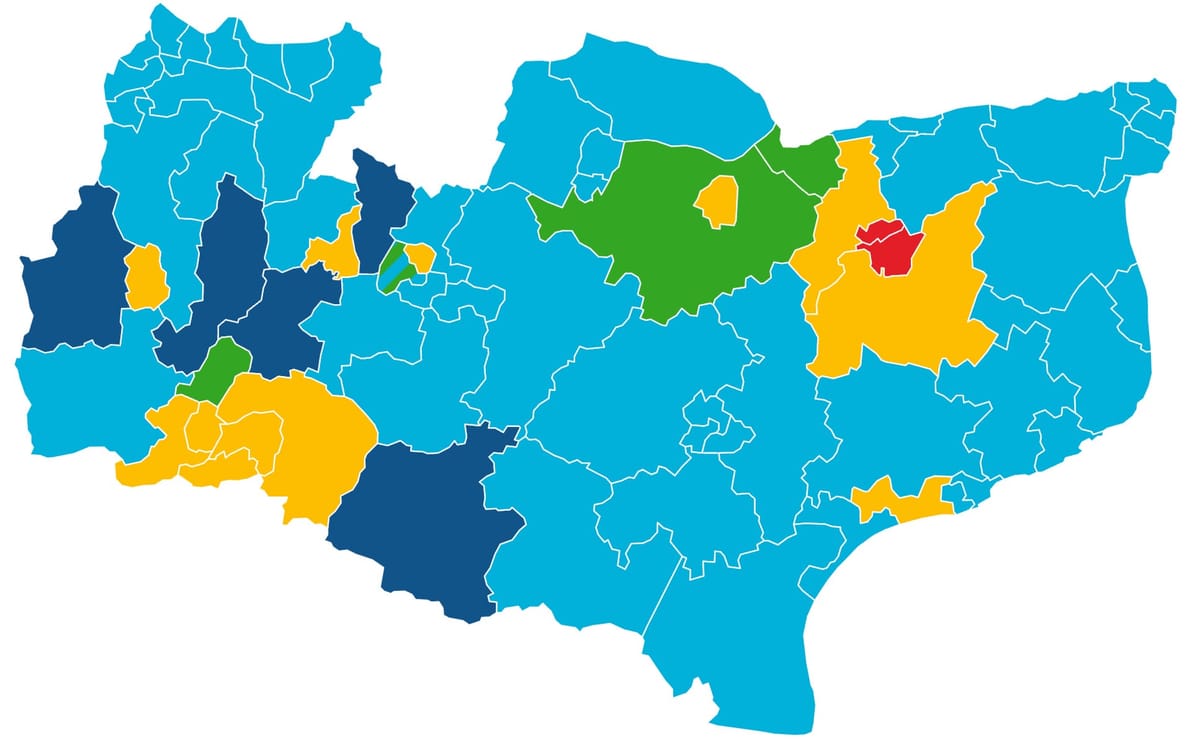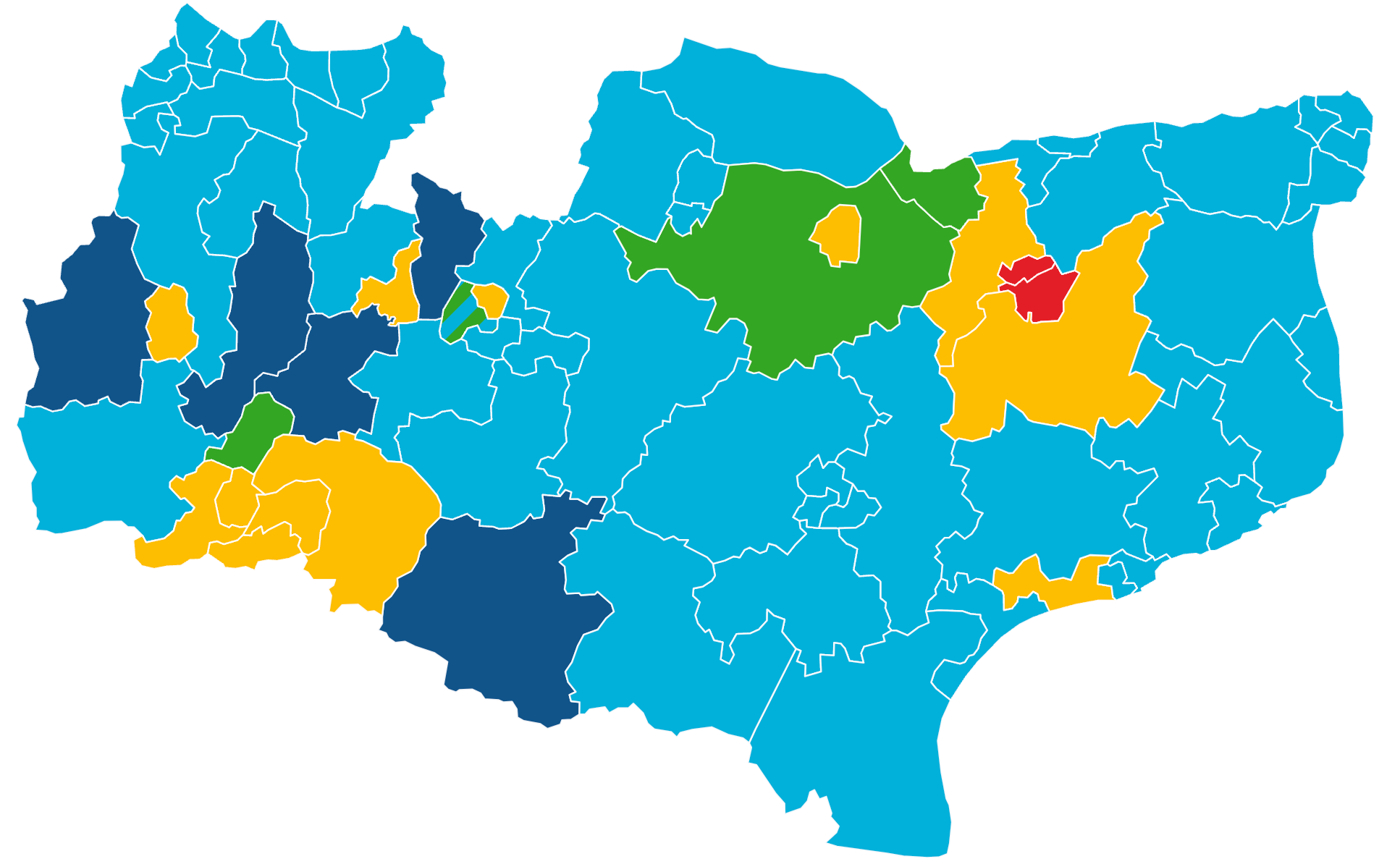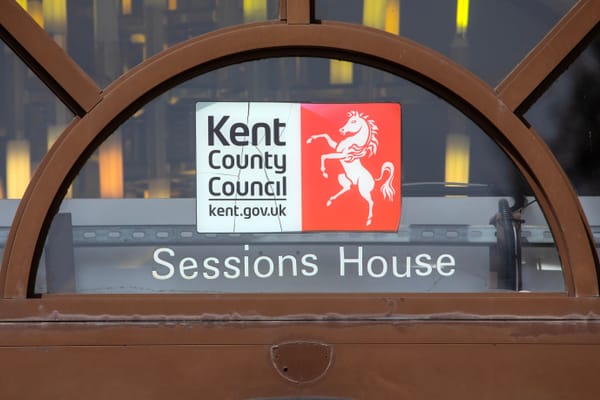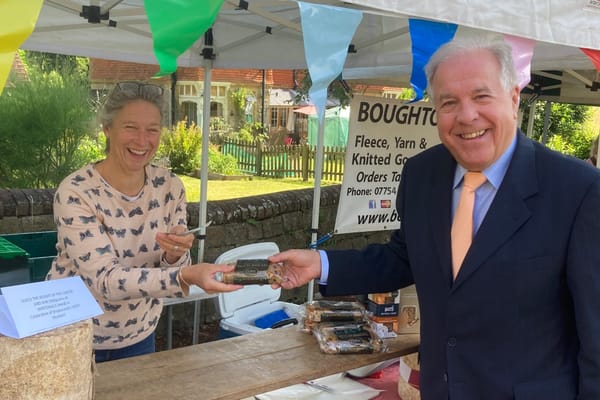A new dawn for Kent
Reform sweeps to control of Kent County Council in a dramatic election

Reform have swept to control of Kent County Council in an election result that can only be described as unprecedented.
After 28 years in control of the county, the Conservatives saw themselves reduced to a small rump of seats.

Following yesterday’s election results, the political makeup of Kent County Council is:
➡️ Reform: 57 (+57)
🔶 Lib Dems: 12 (+6)
🌳 Conservative: 5 (-57)
🟢 Green: 5 (+1)
🌹 Labour: 2 (-5)
While there was an expectation that Reform would do well in this election and gain a sizeable number of seats, no one quite predicted how much of the county they would take. Least of all Reform themselves, who expected a strong showing, with an outside chance that they could just about take control of the council. In the end, two-thirds of all seats across the county fell to the insurgent party.
Most of these gains came at the expense of the Conservatives, the long-time rulers of Kent, who saw themselves effectively wiped off of Kent’s electoral map. Kent County Council Leader Roger Gough saw himself lose his seat alongside every single Conservative Cabinet member who stood for re-election. For much of the day, it looked like the party could be eliminated from the council entirely, but a clutch of seats, mainly in Tonbridge and Malling, allowed the party to retain some presence on the council.
The Lib Dems were the other big winners of the day, even if their gains pale in comparison to Reform. The party managed to double their representation on KCC to 12, leaving them firmly as the opposition to the new Reform administration. They had a particularly strong showing around Tunbridge Wells, where they won every seat in and around the town.
The Greens faced one of the most nailbiting counts, their fifth seat (which allows them to be an official group) only being won on the final ward declared, where they only won by a single vote. While the party may not have made significant gains, they will be happy not to have moved backwards.
It was a miserable day for Labour, who were reduced from an already small number of seats in the county to just two in Canterbury city centre. Seats they held in Thanet, Folkestone, Gravesham, and Dartford were all swept away in the turquoise wave.
Now that Reform have won Kent and several other councils across the country, the question now becomes just what they can do with power. Most of their campaign literature in the county focused on national issues, so exactly what they intend to do in Kent is unclear. Running any level of local government is now incredibly challenging, with finances being incredibly tight and the vast majority of money being spent of statutory services like adult social care and children’s services.
Recent announcements from the party can give us some idea of where we might be heading though. The party has promised US DOGE style spending reviews, aiming to cut ‘waste’, but they have yet to be able to put any of this into action, so who knows where things might end up. Speeches from Nigel Farage yesterday following wins in other parts of the country suggested a targeting of work around climate change and diversity and equality initiatives. The party has also pledged to push back against asylum seekers being housed in any Reform-controlled areas, though it is unclear how they could have any power that would enable them to do that.
The election of Reform also throws into doubt the future of devolution and local government reorganisation in the county. While Conservative-controlled KCC and Labour-controlled Medway Council were aligned on the aims of devolution, Reform have expressed concerns about the process and finding agreement across the county is likely to be more difficult than ever.
Another challenge facing the party, particularly in Kent, is that few of their newly elected councillors have any experience in local government, let alone in control of a large county council. Their rapid growth means the party doesn’t have any form of ‘administration in waiting’ and will need to sort out who will lead them and take on the portfolios needed to run a county council. A handful of their councillors were former Conservative councillors. Still, the vast majority haven’t held any form of elected office before, so there is likely to be a steep learning curve ahead.
Kent County Council have a full map and detailed results from the election available here. In next week's briefing edition, we’ll have more on the election and its aftershocks and will cover Reform’s efforts to form and lead a Kent administration over the coming weeks.





